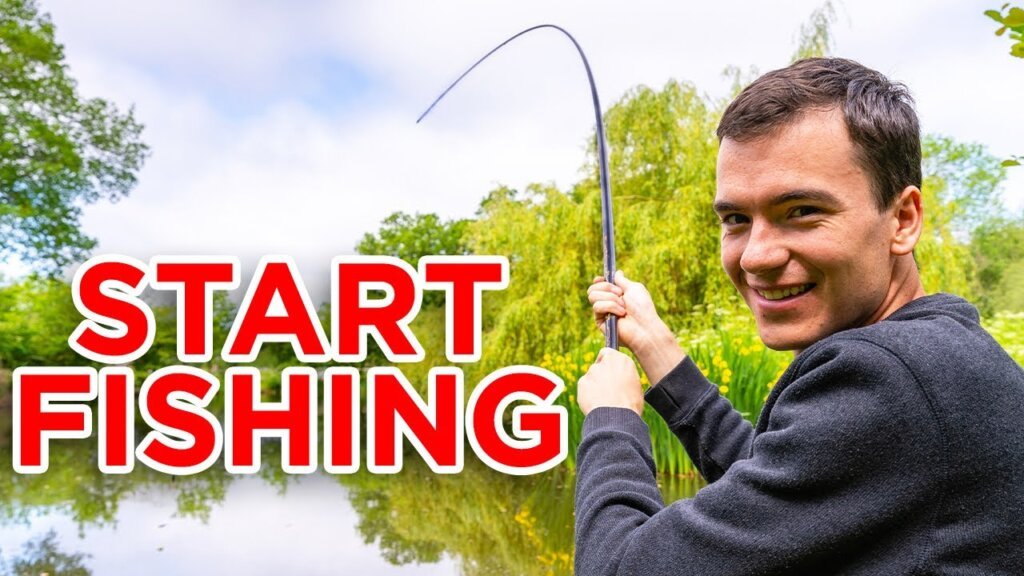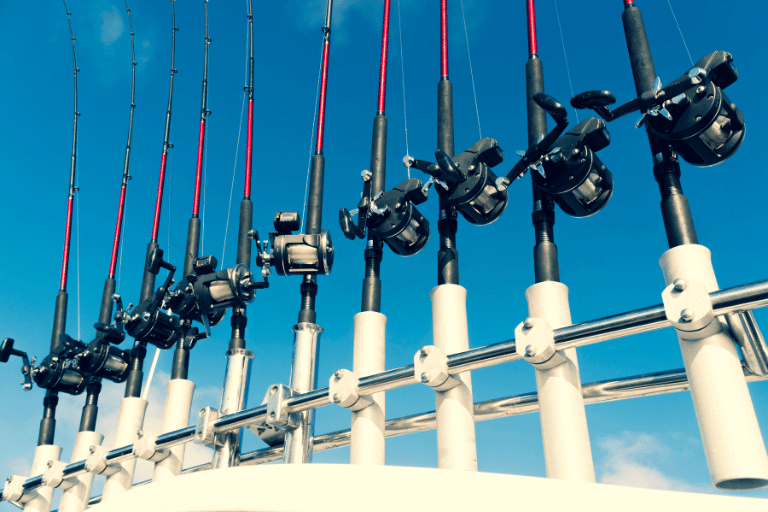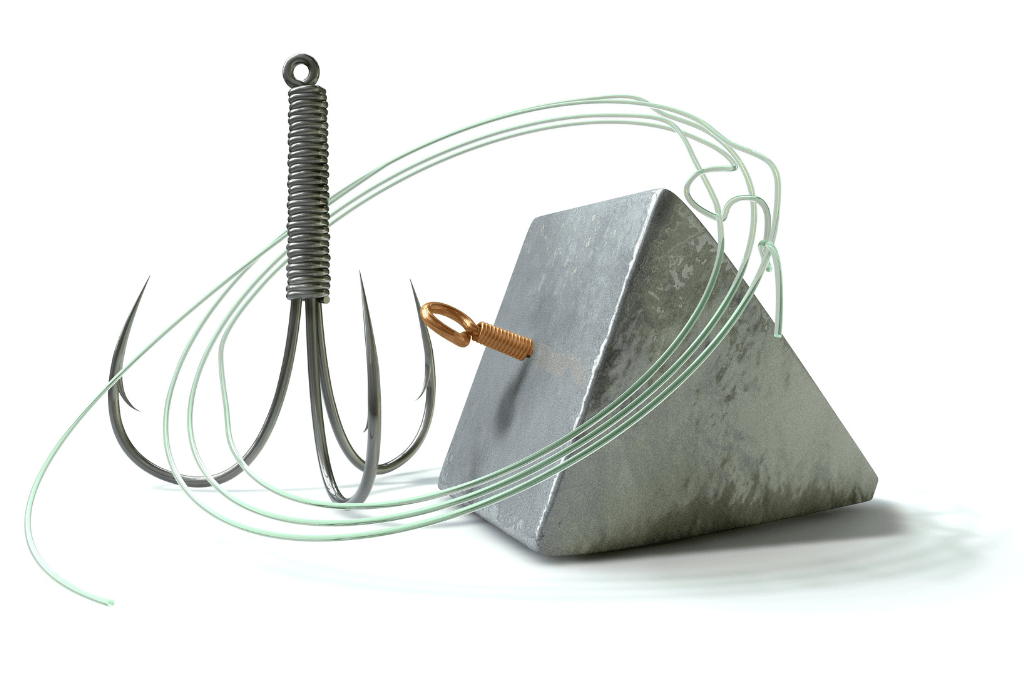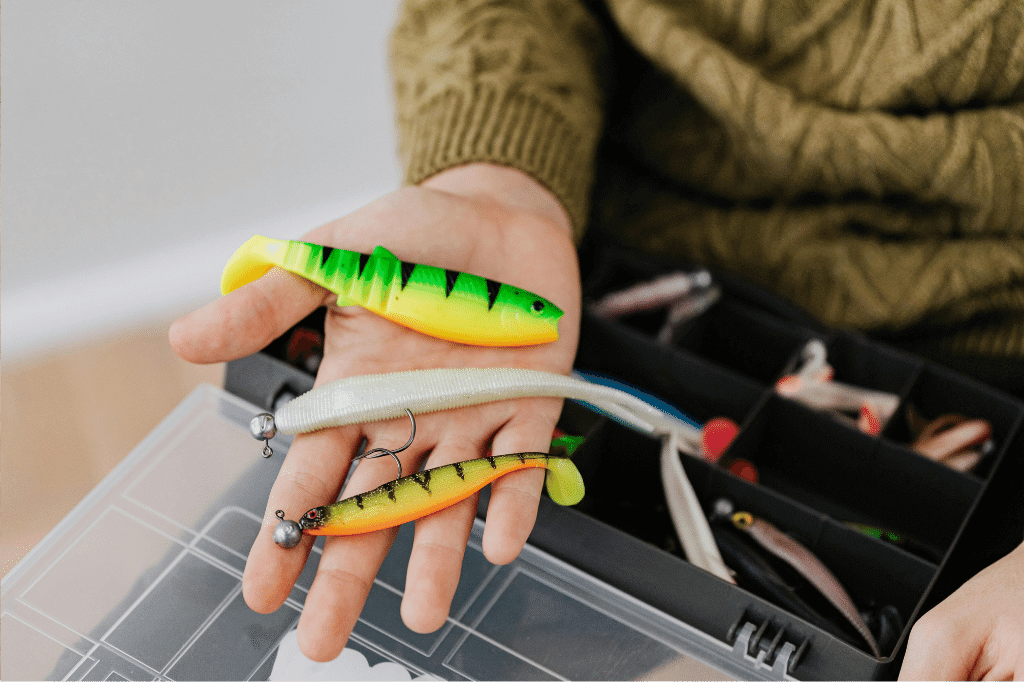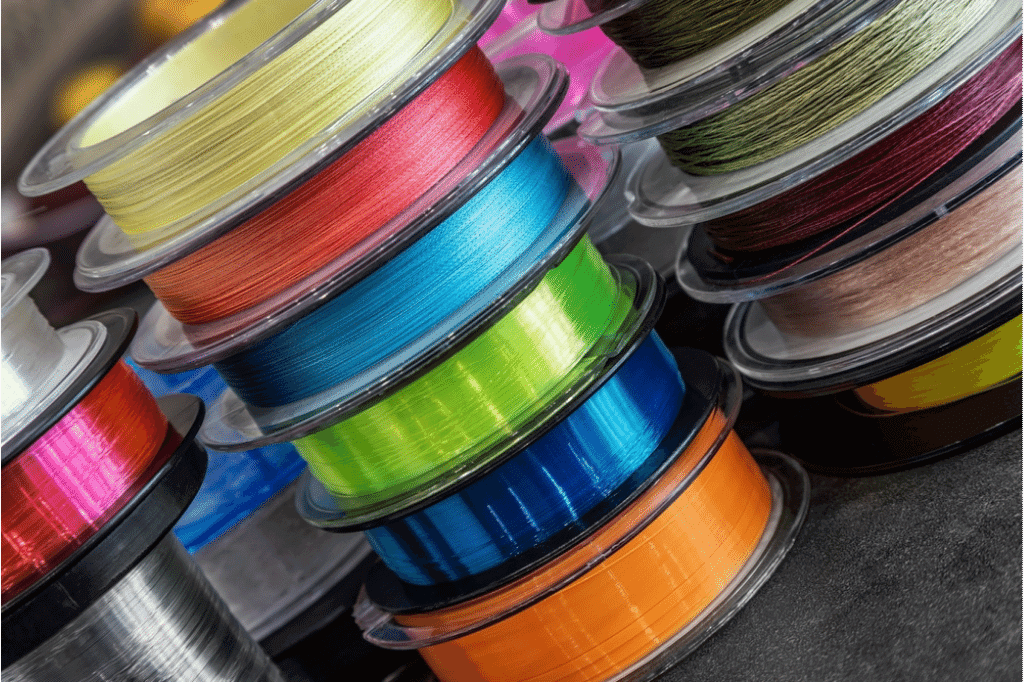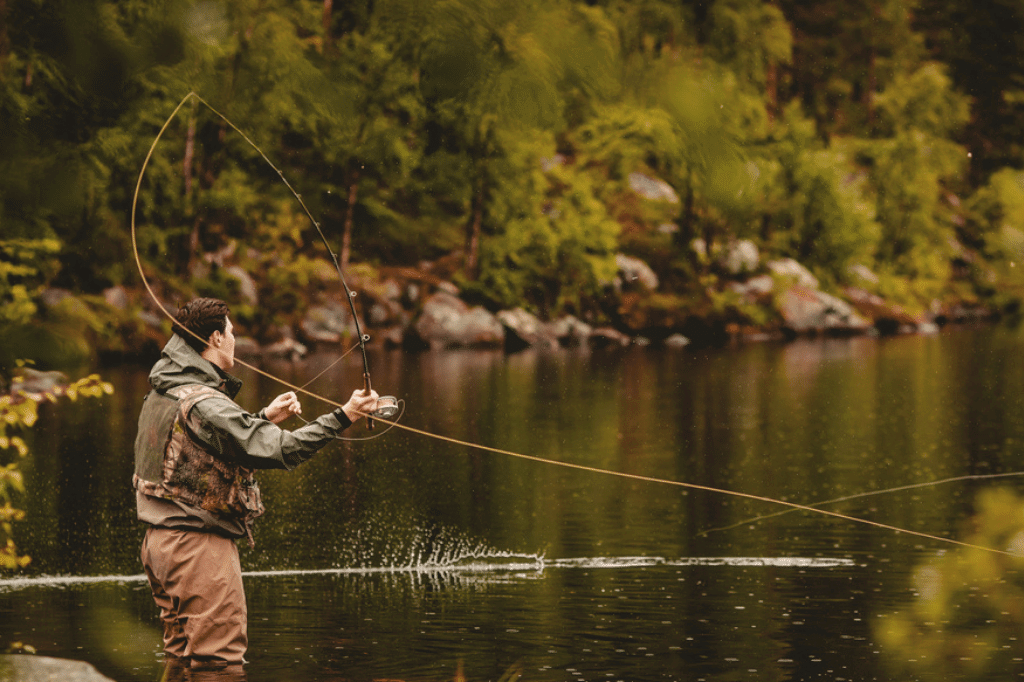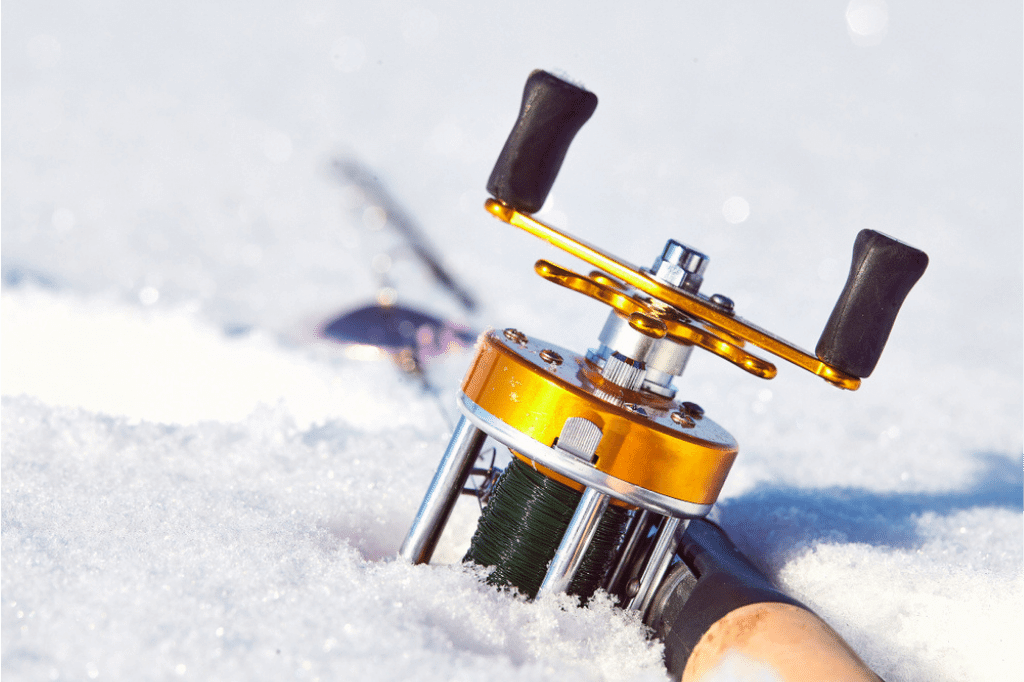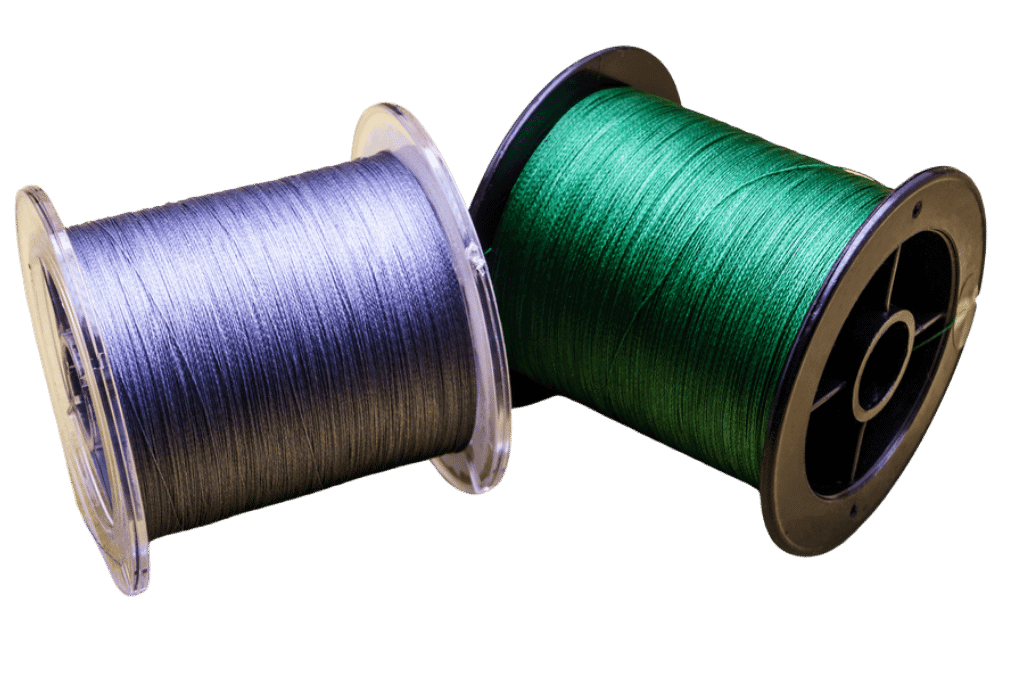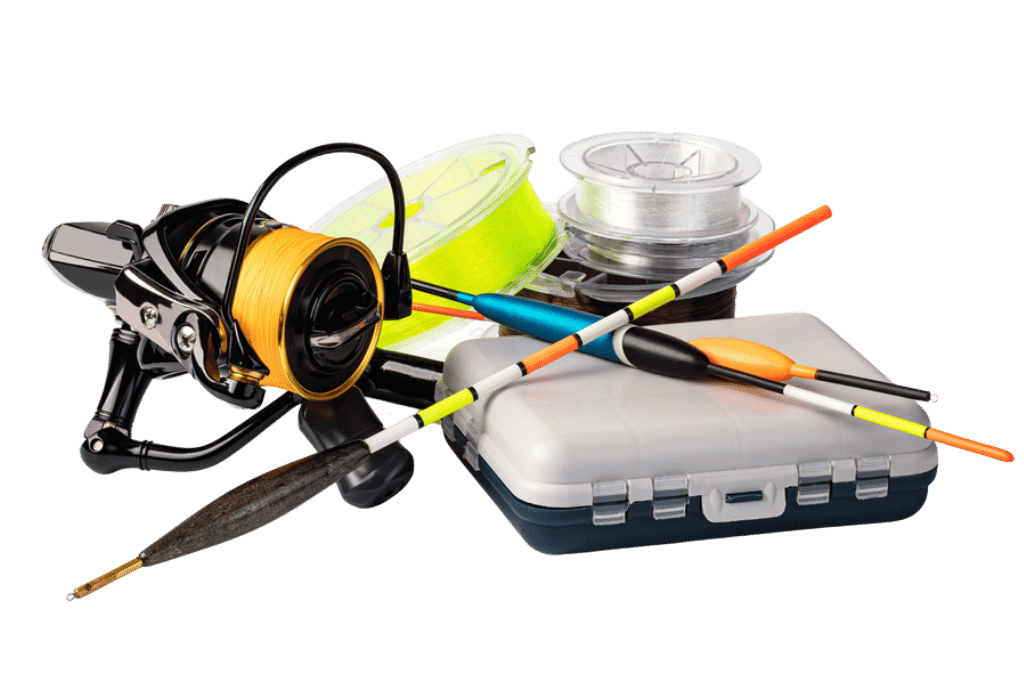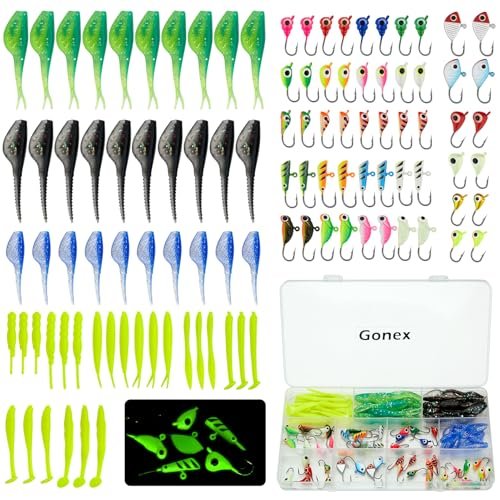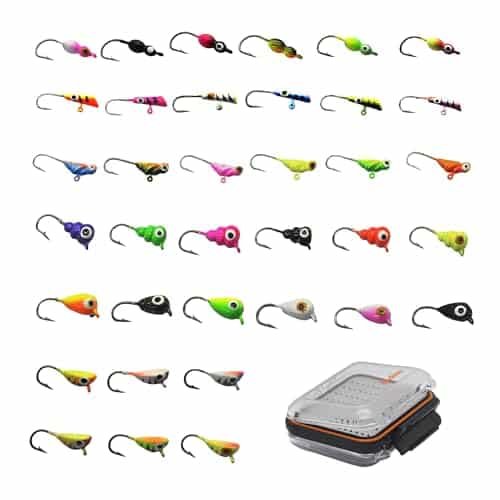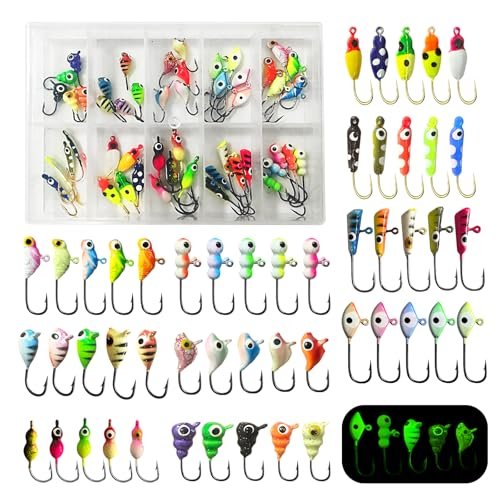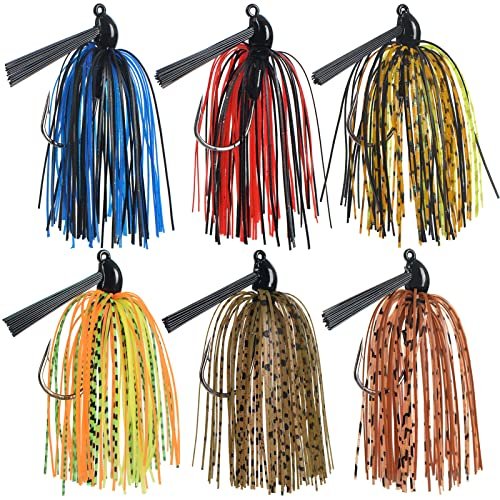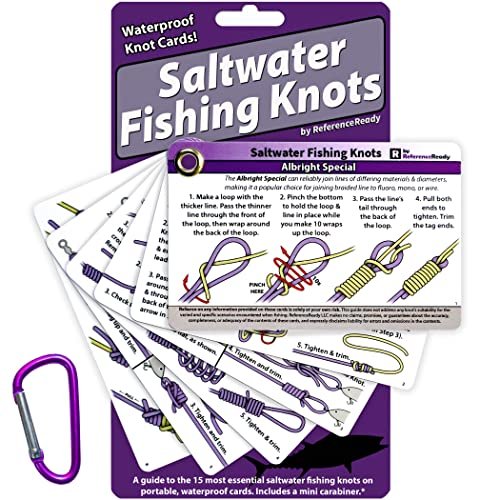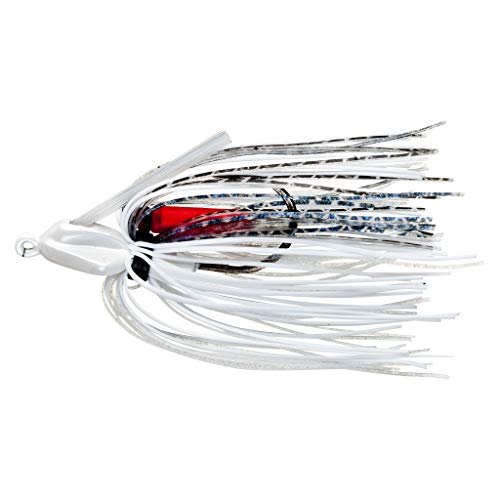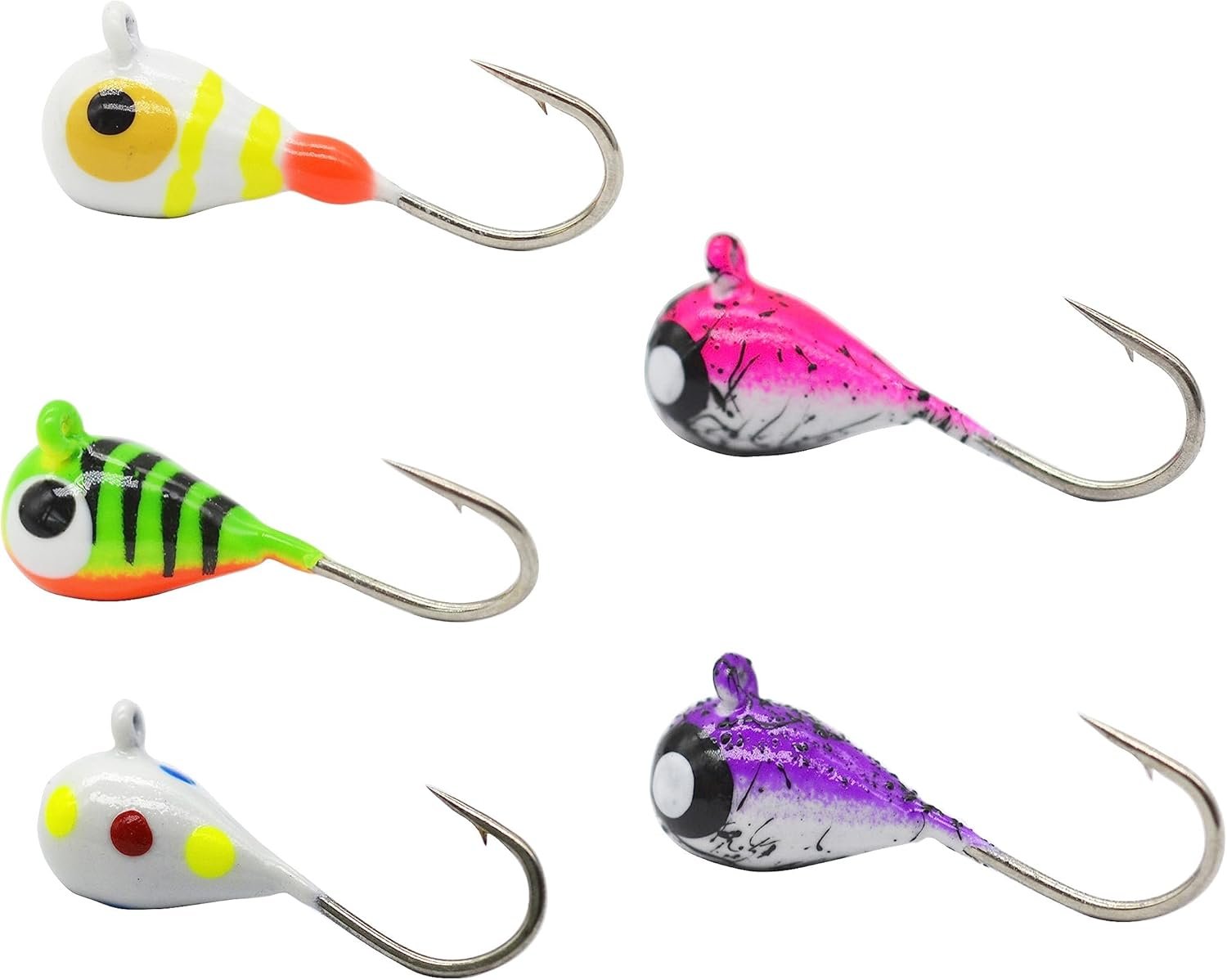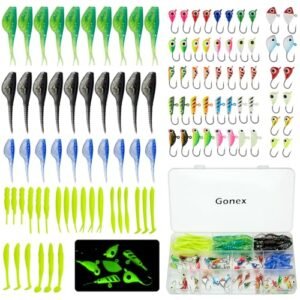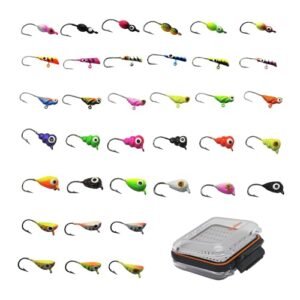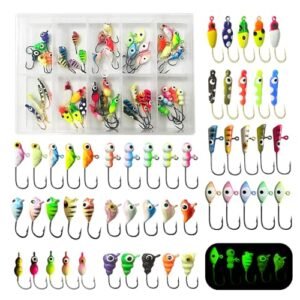Fishing is a relaxing and rewarding outdoor activity. Begin by gathering essential gear like a fishing rod, reel, line, and bait. Familiarize yourself with basic fishing techniques such as casting and knot tying. Select a local pond, lake, or river known for good fishing spots.
Ensure you have the required fishing license to comply with local regulations. Start with simple bait like worms or artificial lures. Patience is key, as fish may not bite immediately. Enjoy the process, learn from each experience, and gradually improve your skills. Fishing offers a great way to connect with nature and unwind.
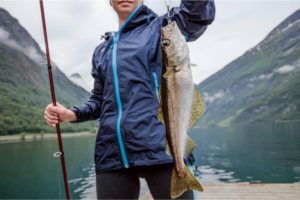
The Lure Of Fishing
Fishing is a beloved pastime for many around the world. The tranquility of nature, the thrill of the catch, and the joy of spending time outdoors draw people to this activity. Whether you’re a beginner or an experienced angler, fishing offers a unique blend of excitement and relaxation.
Cultural And Historical Significance
Fishing has deep roots in many cultures. It has been a vital source of food and livelihood for centuries. Ancient civilizations relied on fishing for sustenance. Today, it remains a significant part of many communities.
In some cultures, fishing is a rite of passage. It symbolizes a connection to nature and tradition. Festivals and events celebrate this heritage, showcasing traditional fishing methods and tools.
Benefits Of Taking Up Fishing
Fishing offers numerous benefits for people of all ages. It helps improve mental health by reducing stress and promoting relaxation. The peaceful environment can be therapeutic.
Physically, fishing can be a great workout. It involves walking, casting, and reeling, which are good for your body. It also provides a chance to spend time outdoors, soaking up vitamin D from the sun.
Fishing is a wonderful way to bond with family and friends. It encourages teamwork and patience. Sharing the experience can create lasting memories.
Additionally, fishing teaches important skills. Patience, problem-solving, and knowledge of nature are just a few. These skills are valuable in everyday life.
| Benefit | Description |
|---|---|
| Mental Health | Reduces stress and promotes relaxation |
| Physical Health | Good workout involving walking, casting, and reeling |
| Social Bonding | Encourages teamwork and creates lasting memories |
| Skill Development | Teaches patience, problem-solving, and knowledge of nature |
Essential Gear For Beginners
Starting your fishing journey is exciting. The right gear makes all the difference. Let’s dive into the essential gear for beginners.
Choosing Your First Rod And Reel
Picking your first rod and reel is crucial. A spinning rod and reel combo is a great start. It’s easy to use and versatile.
Here’s a simple table to guide you:
| Rod Length | Best For |
|---|---|
| 6-7 feet | Freshwater fishing |
| 8-9 feet | Saltwater fishing |
Line, Hooks, And Sinkers: The Basics
Next, you need a fishing line. A monofilament line is ideal for beginners. It’s easy to handle.
You’ll also need some hooks and sinkers. Start with these basics:
- Hooks: Size 6 to 10 are best for beginners.
- Sinkers: Split shot sinkers are easy to use.
The Tackle Box Starter Kit
A well-stocked tackle box is a must. Here’s a checklist for your starter kit:
- Extra hooks and sinkers
- Bobbers for detecting bites
- Pliers for removing hooks
- Bait like worms or artificial lures
- Fishing license (don’t forget this!)
This basic setup will get you started on the right foot. Happy fishing!
Understanding Local Regulations
Before you cast your first line, it’s crucial to understand local regulations. These rules help maintain fish populations and ensure fair fishing practices. Let’s dive into some key aspects:
Fishing Licenses And Permits
Getting a fishing license or permit is usually the first step. Different regions have different requirements. Check with your local fish and wildlife agency.
- Some licenses are for specific fish types.
- Others cover certain areas or seasons.
- Junior licenses may be available for young anglers.
Buying a license is often easy. You can purchase online, at local stores, or government offices.
Size And Bag Limits
Size and bag limits protect fish populations. They specify how many fish you can catch and keep.
| Type of Fish | Minimum Size | Bag Limit |
|---|---|---|
| Trout | 12 inches | 5 per day |
| Bass | 15 inches | 3 per day |
Always measure your catch to ensure it meets the size limit. Release any fish that do not meet the requirements.
Seasonal Considerations
Fishing seasons vary by species and region. Some fish can only be caught during specific times of the year.
- Check local fishing season dates before planning your trip.
- Some areas may have closed seasons to protect breeding fish.
- Fishing during the right season increases your chances of a good catch.
Understanding seasonal rules helps maintain fish populations and gives you a better fishing experience.
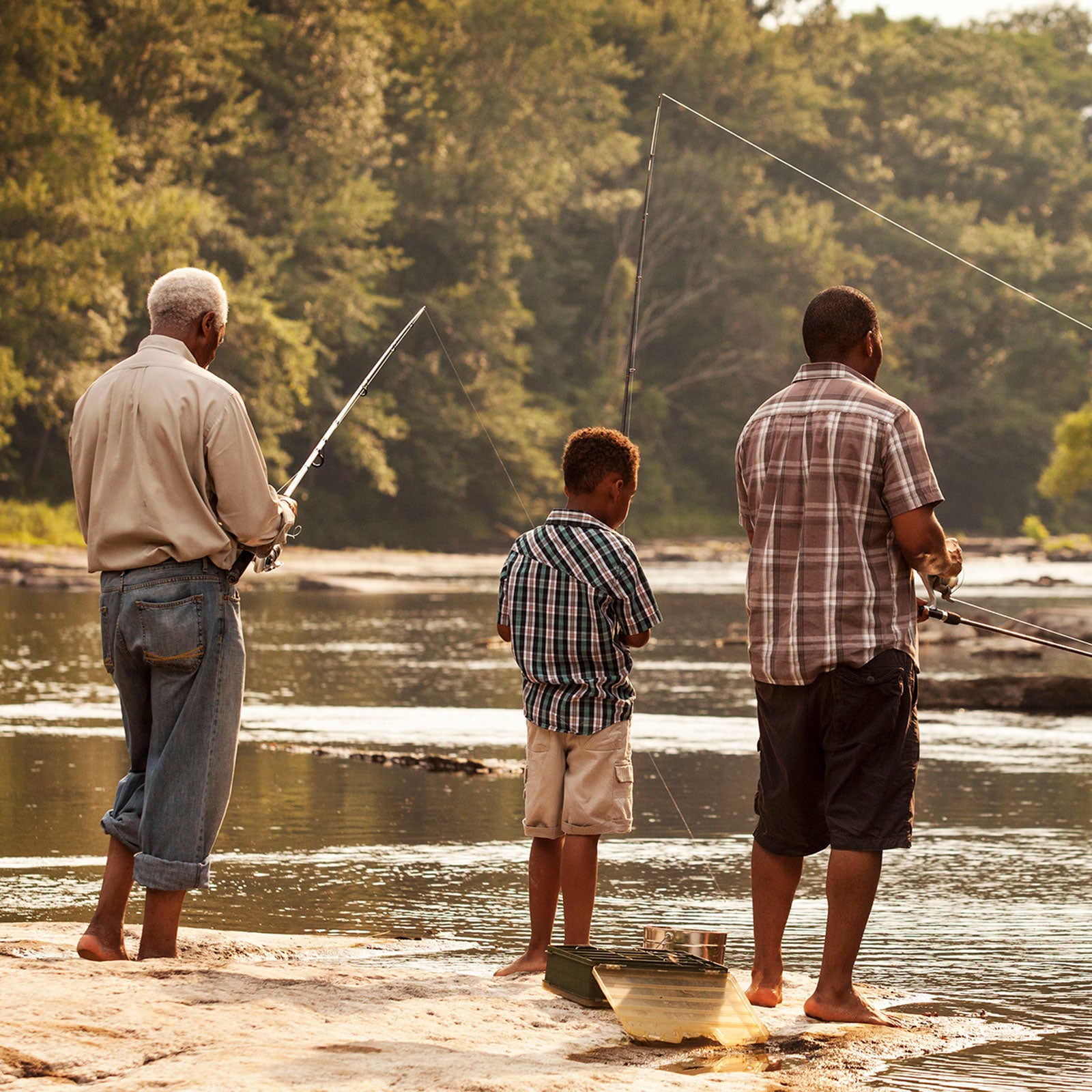
Finding The Perfect Fishing Spot
Starting your fishing journey requires finding the right spot. This can make or break your experience. The perfect location increases your chances of success. Knowing where to fish is crucial for beginners.
Researching Local Bodies Of Water
Researching local bodies of water can help you find great fishing spots. Begin by checking local lakes, rivers, and ponds.
- Visit your local fish and wildlife department website.
- Check fishing reports and maps.
- Ask local anglers for recommendations.
You can also use Google Maps to explore water bodies near you. Look for areas with easy access and good fishing history.
Types Of Fishing Environments
Different fishing environments offer various experiences. Knowing the types helps you choose the best spot.
| Environment | Characteristics |
|---|---|
| Freshwater | Includes lakes, rivers, ponds. Great for beginners. |
| Saltwater | Includes oceans, seas, bays. Requires more gear. |
| Brackish | Mix of salt and freshwater. Found in estuaries. |
Utilizing Fish Finder Technology
Fish finder technology can greatly enhance your fishing experience. These devices use sonar to locate fish.
- Purchase a reliable fish finder.
- Learn how to read the device’s display.
- Use it to identify fish-rich areas.
Fish finders help you save time and increase your catch rate. They are especially useful in unfamiliar waters.
Basic Fishing Techniques
Fishing is a wonderful hobby. It is both relaxing and exciting. Knowing the basic techniques is key to success. Let’s dive into some essential methods.
Casting For The First Time
Casting is the first step in fishing. It involves throwing your line into the water. Hold the rod with both hands. Place your thumb on the spool. Pull the line behind you. Then, flick it forward. Release the line at the right moment. Practice makes perfect. Try different spots to improve your aim.
Bait Vs. Lure Fishing
Bait and lures are used to attract fish. Bait is natural. It includes worms and minnows. Lures are artificial. They mimic real prey. Each has its pros and cons.
| Type | Pros | Cons |
|---|---|---|
| Bait | Realistic, Effective | Messy, Needs Storage |
| Lures | Reusable, Variety | Can be expensive |
Mastering The Retrieval
Retrieval is how you bring the line back. It mimics the movement of prey. Keep the rod tip low. Reel in slowly. Pause occasionally. This attracts fish. Vary your speed. Find what works best.
Fishing is an art. Practice these techniques. Soon, you’ll be a skilled angler.
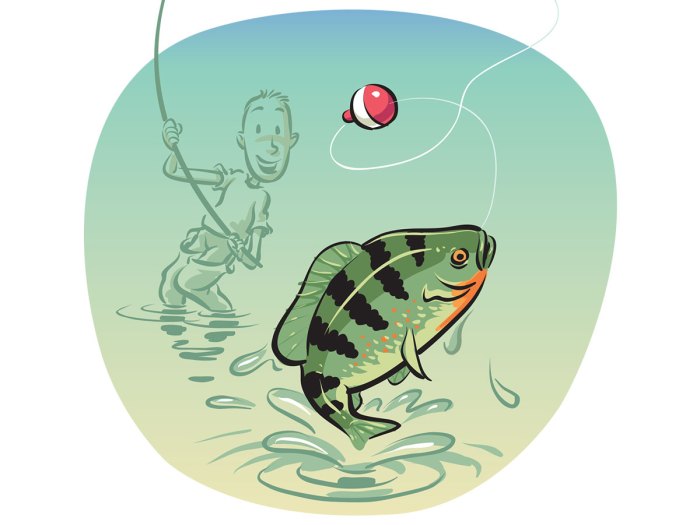
Credit: scoutlife.org
Handling Your Catch
You’ve successfully caught your first fish! Now, it’s crucial to handle it properly. Proper handling ensures the fish’s well-being and preserves its quality. Here are some essential tips on how to handle your catch effectively.
Catch And Release Best Practices
Catch and release fishing is a great way to enjoy the sport while conserving fish populations. Follow these steps to ensure the fish’s survival:
- Use barbless hooks to reduce injury.
- Minimize handling time to prevent stress.
- Wet your hands before touching the fish.
- Support the fish under its belly.
- Gently release the fish back into the water.
Humane Dispatch And Cleaning
Sometimes, you’ll want to keep your catch for a meal. Dispatching the fish humanely is crucial. Here are the steps:
- Stun the fish with a quick, firm blow to the head.
- Bleed the fish by cutting the gills.
- Remove the internal organs promptly.
Cleaning your fish involves:
- Scaling the fish with a scaler or the back of a knife.
- Gutting the fish by making a cut from the anus to the gills.
- Rinsing the fish thoroughly with cold water.
Storing Your Fish
To keep your fish fresh, proper storage is essential. Follow these tips:
| Step | Details |
|---|---|
| Cooling | Place the fish in a cooler with ice. |
| Wrapping | Wrap the fish in plastic wrap or foil. |
| Refrigerating | Store the fish in the refrigerator for up to 2 days. |
| Freezing | Freeze the fish if not consuming within 2 days. |
Fishing Etiquette
Fishing is a beloved pastime that brings people closer to nature. But, it’s important to follow certain rules and behaviors. This ensures a pleasant experience for everyone. Below are some key points on fishing etiquette.
Respecting Fellow Anglers
Always be mindful of other people fishing nearby. Give them enough space to fish comfortably. This avoids lines getting tangled.
- Keep noise levels down to avoid disturbing others.
- Wait your turn at popular fishing spots.
- Help others if they need assistance.
Environmental Stewardship
Our natural resources need protection. Follow these steps to be a responsible angler:
- Use biodegradable bait and lures.
- Dispose of waste properly, including fishing lines and hooks.
- Respect all wildlife and their habitats.
Leaving No Trace
Always clean up after yourself. Leave the area as you found it:
- Pick up all trash, even if it’s not yours.
- Fill in any holes you dig.
- Take all equipment and belongings with you.
Following these simple rules helps everyone enjoy fishing. Respecting others and the environment ensures that fishing spots stay beautiful.
Continuing The Journey
Once you’ve mastered the basics of fishing, the journey doesn’t end. There’s always more to learn and experience. This section will guide you through the next steps of your fishing adventure, ensuring you continue to grow and enjoy this rewarding hobby.
Joining A Fishing Community
Joining a fishing community can enrich your fishing experience. Local fishing clubs and online forums are great places to start. These communities offer advice, share tips, and organize group fishing trips.
- Seek local fishing clubs.
- Engage in online fishing forums.
- Attend fishing events and workshops.
Being part of a community helps you learn faster and stay motivated. You’ll make new friends who share your passion for fishing.
Learning Advanced Techniques
Once you’re comfortable with the basics, it’s time to learn advanced techniques. These skills will improve your fishing success and enjoyment.
| Technique | Description |
|---|---|
| Fly Fishing | Casting a lightweight lure using a special rod. |
| Ice Fishing | Fishing through holes in the ice during winter. |
| Deep-Sea Fishing | Fishing in the open sea for large species. |
Practice these techniques with guidance from experienced anglers. They’ll help you become a more versatile and skilled fisherman.
Planning Your Fishing Adventures
Proper planning enhances your fishing trips. Research your destination to know the best spots and the local regulations.
- Choose a destination.
- Check the weather forecast.
- Pack the necessary gear.
- Prepare your bait and tackle.
Consider keeping a fishing journal to record your trips. Note the location, weather, and the fish you caught. This will help you plan future trips more effectively.
Frequently Asked Questions
How To Fish For A Beginner?
Start with a simple rod and reel. Use live bait or lures. Learn basic casting techniques. Fish in calm waters. Be patient and observant.
What Is The Best Type Of Fishing For Beginners?
The best type of fishing for beginners is freshwater fishing. It is simple, affordable, and offers plenty of locations. Start with basic gear and target common species like bass or trout.
Is It Hard To Start Fishing?
Starting fishing is not hard. Basic gear and some patience are all you need. Research local regulations and spots. Happy fishing!
Is Fishing An Expensive Hobby?
Fishing can be as expensive or affordable as you make it. Basic gear costs less, while advanced equipment and trips can be pricey.
Conclusion
Starting fishing can be a rewarding and enjoyable hobby. Follow the steps outlined, gather your gear, and head to your nearest water body. Practice patience and learn from each experience. Soon, you’ll find yourself hooked on this relaxing and fulfilling activity.
Happy fishing!
